My Cultural Diet, October 2023: Ahsoka, Lupin, Reservation Dogs, The Sixth Sense
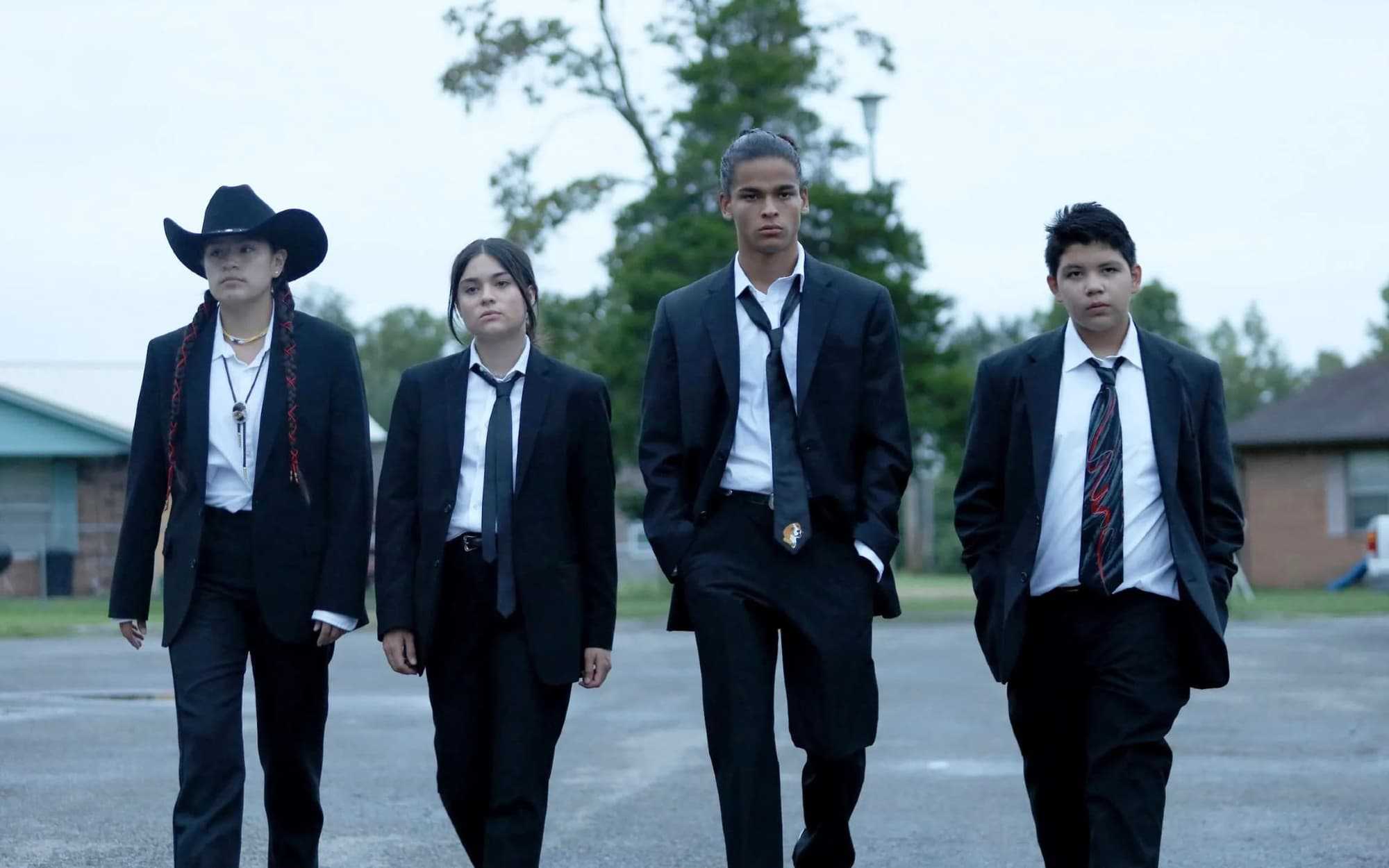
In order to better track my various cultural experiences (e.g., movies, TV shows, books, restaurants), I’ve created the Cultural Diet. Think of it as my own personal Goodreads, Letterboxd, and Yelp, all rolled into one (more info here). Every month, I recap everything that I watched, read, etc., in the previous month.
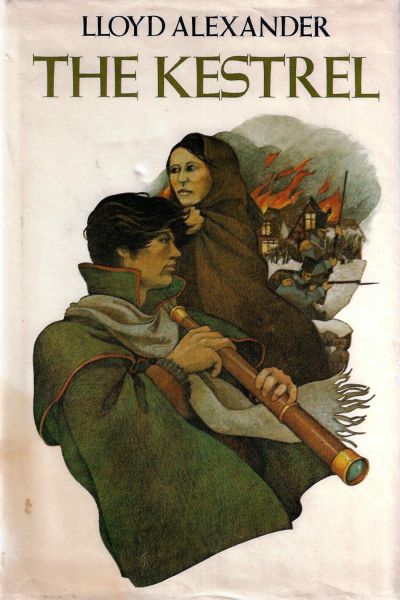
While I enjoyed Westmark, I struggled with The Kestrel. At less than 250 pages, The Kestrel is not a long book, but Lloyd Alexander aims for an epic scope as the nation of Westmark faces betrayal and invasion by the neighboring nation of Regia. The book’s characters are all caught up in the conflict, particularly protagonist Theo, who joins up with the anti-monarchy freedom fighter Florian and slowly begins to lose his humanity amidst the horrors and brutality of war. The Kestrel felt rather fragmented at times, as Alexander hops all over the place in order to keep track of the growing conflict. That, and I never quite got a handle on the book’s tone; it switches from grim battles and moments of anguish to scenes with a pair of child thieves that, while not exactly light-hearted, still felt like they were from another novel entirely.
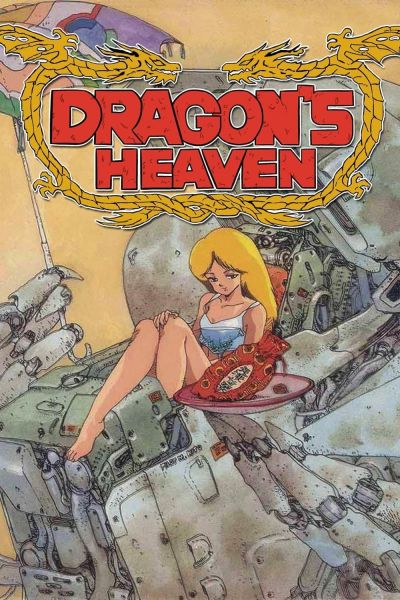
This is an interesting curiosity piece from 1988 that was brought to my attention by Instagram’s algorithm. Directed by Makoto Kobayashi — who wrote the original manga and helped create the mechanical designs — Dragon’s Heaven begins with a 5-minute prelude filled with live-action miniatures à la Masato Harada’s Gunhed and a sweeping orchestral score by Yasunori Iwasaki. It then transitions to the animated story, which is set in a post-apocalyptic future several thousand years from now. There, a young woman and an ancient robot must join forces to defend a desert city from invading forces led by the robot’s arch-nemesis. Story-wise, Dragon’s Heaven is pretty silly and threadbare, but it’s worth watching for the unique mecha designs and visual style, which eschews typical anime aesthetics for something more reminiscent of, say, Moebius. Following Dragon’s Heaven, Kobayashi would go on to work on numerous anime titles including Last Exile, Samurai 7, and Steamboy.
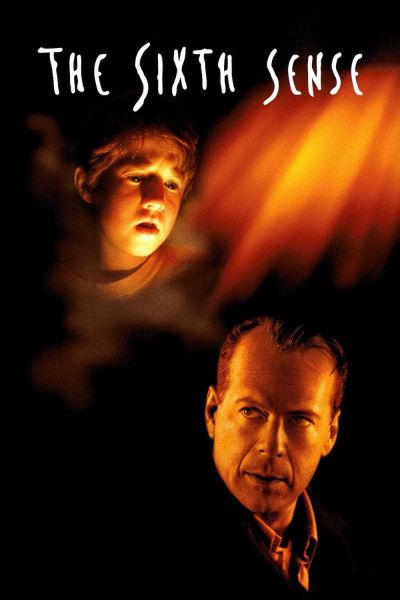
In keeping with the spirit of the spooky season, we watched this for a family movie night. It’s probably been 20+ years since I last watched The Sixth Sense, but it still held up quite well despite knowing the twist and all of the ways in which said twist is foreshadowed. (Indeed, a lot of the fun of watching the movie this time around was seeing my kids as the truth dawned on them. It was also fun exploring the film’s various clues in hindsight.) Much of that’s due to Haley Joel Osment’s central performance, which is just remarkable at times in both its honesty and emotion; the film simply would not work without it. Meanwhile, Bruce Willis turns in a wonderfully subdued performance. The Sixth Sense certainly lays on the melodrama and earnestness more thickly than the scares — which are still plenty effective — but thanks to the aforementioned performances, M. Night Shyamalan’s assured direction, and some excellent production design, it more than earns its emotional payoff.
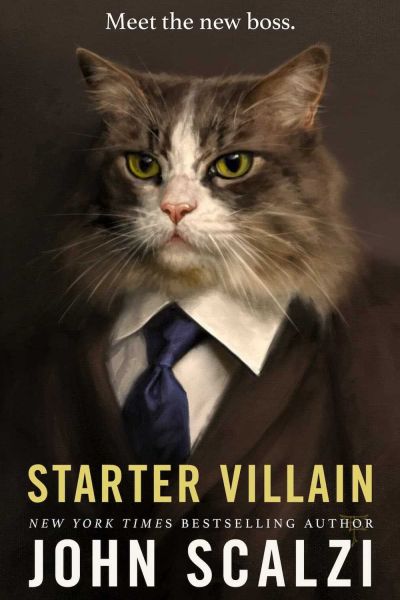
Charlie Fitzer is a down-on-his-luck substitute teacher barely living from paycheck to paycheck. When his ultra-rich uncle dies, it seems like things might finally be turning around for Charlie — except that in addition to being ridiculously wealthy, Charlie’s uncle was also one of the world’s greatest super-villains. And now Charlie has been tapped to be his heir, which means dealing with the world’s other super-villains. But at least Charlie now has his very own island volcano lair. Starter Villain is precisely what I’ve come to expect from John Scalzi: an engaging and entertaining read that’s the literary equivalent of a bacon double cheeseburger with a side of fries and a chocolate milkshake. (Which is a good thing.) It’s frequently funny — the potty-mouthed talking dolphins trying to unionize had me chuckling, as did a scene of super-villains trying to meet over Zoom — and as an added bonus, Scalzi makes some pointed digs at tech bros and ultra-rich elites alike. (Which feel particularly relevant in light of, say, Elon Musk’s “inspired” leadership that’s current driving Twitter down into a death spiral.)
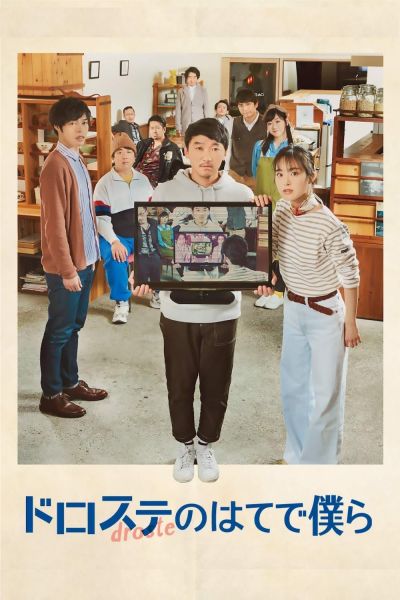
After a man discovers that his iMac and the TV in his café are caught in a time loop, and thus display events from two minutes in the future and the past (respectively), his friends quickly figure out how to use that to their advantage. But as their temporal shenanigans grow increasingly convoluted, they risk running afoul of some local yakuza and possibly destabilizing the entire space-time continuum. I’m not sure how coherent its temporal logic is when compared to, say, Primer, but it’s hard not to admire Beyond the Infinite Two Minutes for its scrappy, low-budget spirit (the film was shot using smartphones and Tamagotchi-sized cameras) and intricate construction, as seen during the end credits. Clocking in at 70 minutes and presented as a single take, Junta Yamaguchi’s film doesn’t wear out its welcome. Indeed, you’ll probably spend much longer afterwards trying to figure out how Yamaguchi and his collaborators put it all together, and in just a week, no less.

A year after their close friend’s death, four Indigenous teens plot to escape their small Oklahoma town and start over in California. That, however, proves to be easier said than done, as their various schemes never quite go the way they’d like and they find themselves in conflict with a rival gang. That, and they discover their bonds to their families and community are perhaps stronger than they’d like. Reservation Dogs is notable for being the first TV series to be written and directed entirely by Indigenous individuals, which gives it a truly unique perspective. It’s filled with memorable characters (e.g., the spirit of a warrior who died at The Battle of Little Big Horn and now doles out cryptic advice to the series’ characters, some rapping twins who roll around town on their bikes) as well as an understated sense of humor that occasionally verges on the absurd.
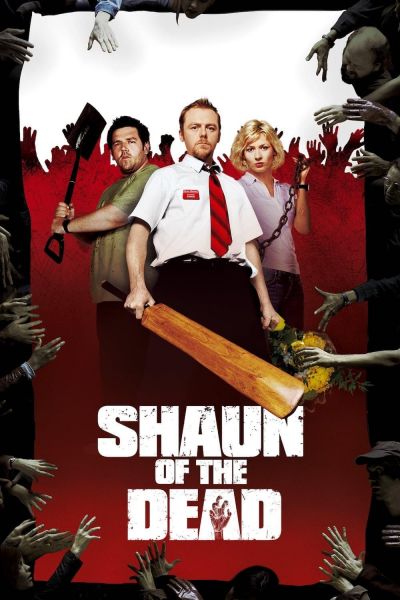
It’s probably been fifteen years since I last watched Edgar Wright and Simon Pegg’s hilarious ode to zombie films — and romantic comedies. (Read my original review from 2004.) Wright’s “RomZomCom” stars Pegg as the titular Shaun, a hapless slacker who isn’t going anywhere in life or love. Until, that is, the zombie apocalypse forces him to step up and become a hero. Time has been quite kind to Shaun of the Dead. Although it’s filled with the sort of frenetic editing that typified ’00s cinema, Shaun of the Dead has enough wit and cleverness for a dozen films, horror or otherwise. What’s more, Pegg and co-star Nick Frost — who plays Shaun’s even slackier best friend Ed — have the sort of easy onscreen chemistry that’s only found in the very best comedic duos. (I was fortunate enough to see this on the big screen via The Ross Theater’s first annual Fright Fest.)
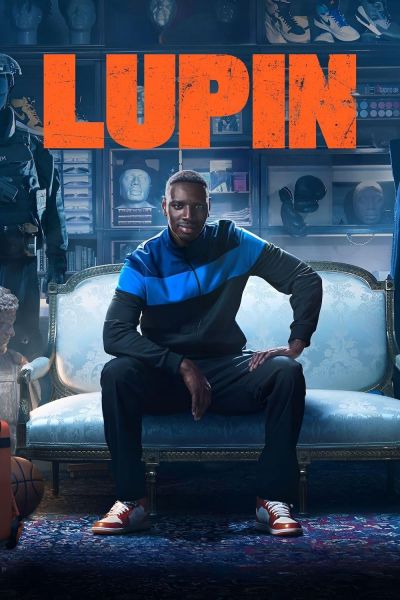
Here’s the thing about Netflix’s Lupin: You have to suspend your disbelief. And I mean, really suspend it in order to overlook all of the hand-waving and glossing over the complexities of the protagonist’s various heists and schemes. And for the most part, you won’t really mind doing so because the series is so darn charming thanks to Omar Sy’s lead performance. Unfortunaely, the disbelief is harder to suspend during this third season, which finds debonair thief Assane Diop (Sy) racing to save his family from an old enemy. The season gets increasingly convoluted, including an awkward storyline in which a disguised Diop charms his ex-wife. The threat from Diop’s past never actually feels all that threatening, the constant flashbacks are a bit much, and the season never quite earns the emotional pay-off that it’s so clearly trying to achieve. There are some interesting twists and wrinkles, though, as Diop tests his allies’ loyalty and forges some unlikely alliances. Not surprisingly, season three ends on a cliffhanger that totally sets up Lupin’s fourth (and hopefully final) season.
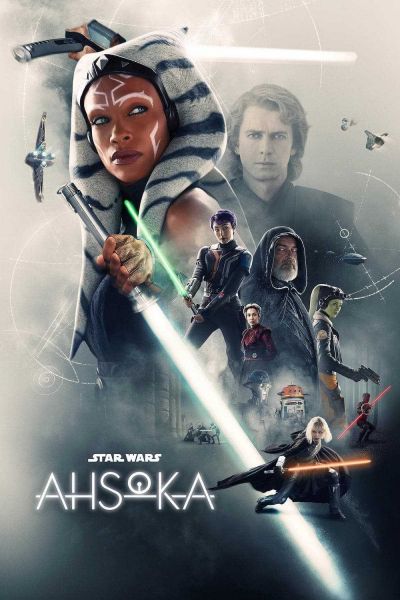
Ahoska’s first season was far better than The Book of Boba Fett and The Mandalorian’s superfluous third season, and maybe even Obi-Wan Kenobi. Some note that it’s “basically” season five of Star Wars Rebels, with Ahsoka, Sabine Wren, et al. trying to find Ezra Bridger and prevent Thrawn’s return. (I’ve only seen bits and pieces of Rebels, but I never felt lost watching Ahsoka.) I really dug the extra-galactic travel and the more fantasy-like elements (e.g., the Dathomirian witches and their magick), as well as the samurai angle. The Star Wars franchise owes a huge debt to samurai movies but Ahsoka really plays up that influence, from her garb and the costumes of the Peridea bandits to the music and the lightsaber stances. Finally, I’d be sorely remiss if I didn’t mention Ray Stevenson’s Baylan Skoll. What could’ve been a token villain turned out to be something far more nuanced and interesting thanks to Stevenson’s understated performance. When Skoll talks about missing the idea of the Jedi Order, I felt it in my bones. Sadly, Stevenson died earlier this year, so we’ll never get to see where he would’ve taken his character in subsequent seasons.